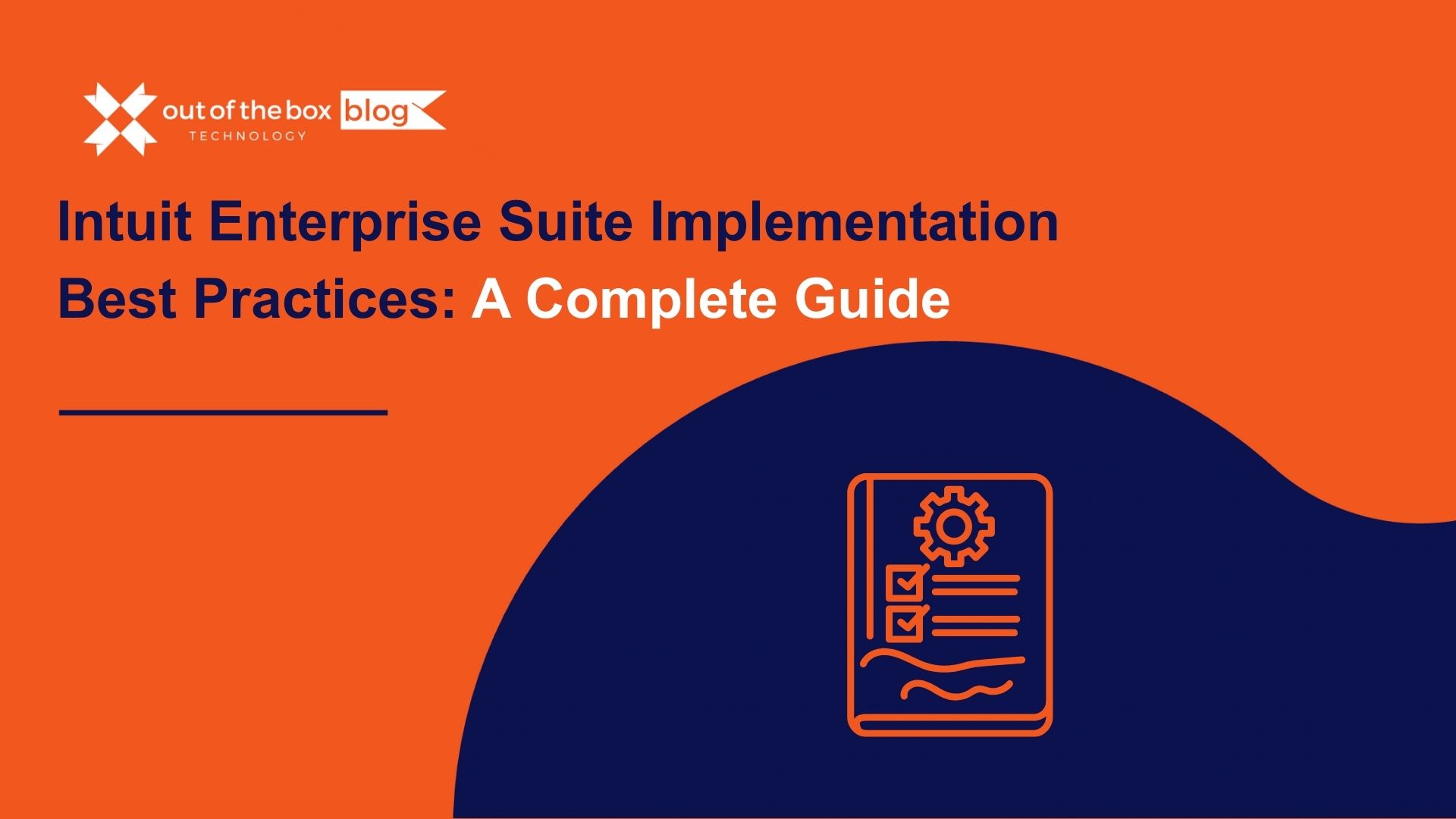Setting financial goals is a cornerstone of any successful business, but achieving those goals requires more than just ambition. It involves careful planning, diligent tracking, and insightful analysis of your company’s financial health. Professional bookkeeping plays a vital role in this process, providing the necessary tools, data, and insights to set achievable financial goals and chart a clear path toward them. In this article, we’ll explore how you can set and achieve financial goals with the help of professional bookkeeping, backed by data points and real-world examples.
Why Financial Goals Are Important for Your Business
Before we dive into how professional bookkeeping can assist you, it’s essential to understand why setting financial goals is so crucial.
- Direction and Focus: Financial goals provide your business with a clear direction. Whether it’s expanding your operations, improving profitability, or reducing debt, having specific targets helps you stay focused.
- Performance Measurement: Goals allow you to track your progress and measure your business’s financial performance. They serve as benchmarks against which you can evaluate your success.
- Strategic Planning: Setting financial goals enables you to create actionable plans. It’s easier to allocate resources, forecast cash flow, and make informed business decisions when you know what you’re working toward.
How Professional Bookkeeping Helps Set and Achieve Financial Goals
1. Accurate Financial Data for Informed Decision-Making
Setting financial goals starts with understanding your current financial position. Professional bookkeeping ensures that all your financial data is accurate and up-to-date, providing you with a solid foundation for goal-setting.
Bookkeepers maintain and reconcile your financial records, ensuring that every income and expense is recorded accurately. This allows you to have a clear understanding of your cash flow, profit margins, and overall financial health.
Data Point: According to a study by SCORE, 82% of businesses that fail cite cash flow problems as a contributing factor. Professional bookkeeping helps avoid this by providing a real-time view of your cash flow, helping you set realistic financial goals based on your current position.
Example: A small e-commerce business wanted to expand by launching new product lines. With the help of their bookkeeper, they were able to analyze their cash flow and profit margins, realizing they needed to increase their profit margin by 10% before making the investment. By setting this goal and tracking their finances, they achieved the target within six months.
2. Budgeting and Forecasting
A major part of setting financial goals is creating a budget and forecasting your future revenue and expenses. Professional bookkeeping helps you establish a detailed budget, highlighting areas where you can cut costs and increase profitability.
Bookkeepers can generate financial reports such as profit and loss statements, balance sheets, and cash flow statements, which are essential for budgeting and forecasting. These reports provide insight into your past financial performance, helping you make more accurate predictions for the future.
Data Point: A report by Clutch found that 61% of small businesses that implemented formal budgeting processes reported better control over their finances. With professional bookkeeping, you can create and manage budgets effectively, aligning them with your financial goals.
Example: A digital marketing agency wanted to reduce its operational costs by 15% to increase profitability. Their bookkeeper helped them analyze monthly expenses, identifying areas of unnecessary spending. By creating a budget that cut down on software subscriptions and outsourced services, the agency achieved its cost-cutting goal within a year.
3. Setting Realistic Revenue Targets
Revenue targets are among the most common financial goals businesses set. However, setting unrealistic targets can lead to disappointment and strain your resources. Professional bookkeeping helps ensure that your revenue goals are grounded in reality by providing detailed financial analysis.
Bookkeepers can analyze historical revenue data, customer trends, and seasonality, helping you set realistic revenue growth goals. This data-driven approach minimizes the risk of overestimating your revenue potential and keeps your financial targets attainable.
Example: A catering company set an ambitious revenue target of 25% growth in one year. With the help of their bookkeeper, they analyzed past revenue growth rates, customer acquisition costs, and seasonal demand. The bookkeeper suggested a more realistic target of 15% growth, which the company achieved by focusing on high-demand seasons and optimizing its marketing strategy.
4. Tracking and Measuring Progress
Once you’ve set financial goals, it’s essential to track and measure your progress consistently. Professional bookkeepers can generate regular financial reports that allow you to monitor your progress toward your goals.
By comparing actual financial performance against your budget and projections, your bookkeeper can help you identify areas where adjustments are needed. This ongoing monitoring ensures that you stay on track and can make informed decisions to reach your financial targets.
Data Point: Research from the International Federation of Accountants (IFAC) shows that businesses that track their financial performance regularly are 33% more likely to achieve their financial goals than those that do not.
Example: A small software development firm set a goal to increase its annual revenue by 20%. By having their bookkeeper generate monthly profit and loss reports, they were able to track whether they were on pace to reach their goal. Midway through the year, they realized they were falling short and adjusted their sales strategy, ultimately reaching their target by year-end.
5. Tax Planning and Compliance
Tax planning plays a crucial role in achieving your financial goals. Unexpected tax bills can derail even the best-laid plans. Professional bookkeeping helps you stay compliant with tax regulations, ensuring you’re not hit with unexpected liabilities.
Your bookkeeper can help you identify tax-saving opportunities, such as deductions and credits, ensuring that your tax strategy aligns with your financial goals. Additionally, they can keep you informed of important tax deadlines, preventing costly penalties.
Example: A real estate agency was able to save thousands in taxes by working with their bookkeeper to identify deductible business expenses. With these savings, they were able to reinvest in the business and achieve their financial goal of expanding their office space.
Actionable Steps to Set Financial Goals with Professional Bookkeeping
Now that we’ve discussed how professional bookkeeping supports goal-setting, let’s outline some actionable steps to start the process.
- Assess Your Current Financial Position: Work with your bookkeeper to generate financial reports, review cash flow, and assess your profit margins.
- Define Clear Financial Goals: Whether it’s increasing revenue, cutting costs, or improving cash flow, clearly define your financial goals and set realistic timelines.
- Create a Budget: Based on your goals, develop a budget that aligns with your revenue targets and expected expenses.
- Monitor Progress Regularly: Have your bookkeeper generate monthly or quarterly financial reports to track your progress and make adjustments as needed.
- Leverage Tax Planning: Work with your bookkeeper to ensure that your tax strategy supports your financial goals by maximizing deductions and staying compliant.
Conclusion
Professional bookkeeping plays an integral role in setting and achieving financial goals. By providing accurate financial data, helping with budgeting, setting realistic revenue targets, and tracking progress, bookkeepers offer businesses the insights and tools they need to make informed decisions. As a business owner, partnering with a professional bookkeeper can help you stay organized, compliant, and on track to meet your financial objectives.
Meet with a QuickBooks service expert today!
Schedule a complimentary QuickBooks service consultation to find out how Out of the Box can help your business achieve your financial goals.




